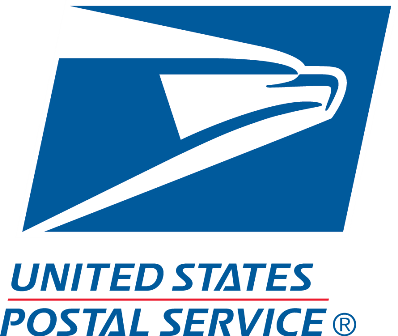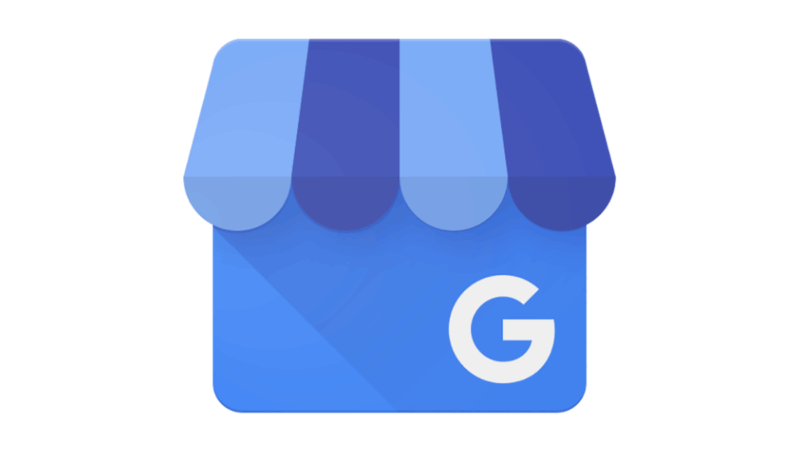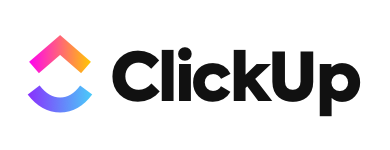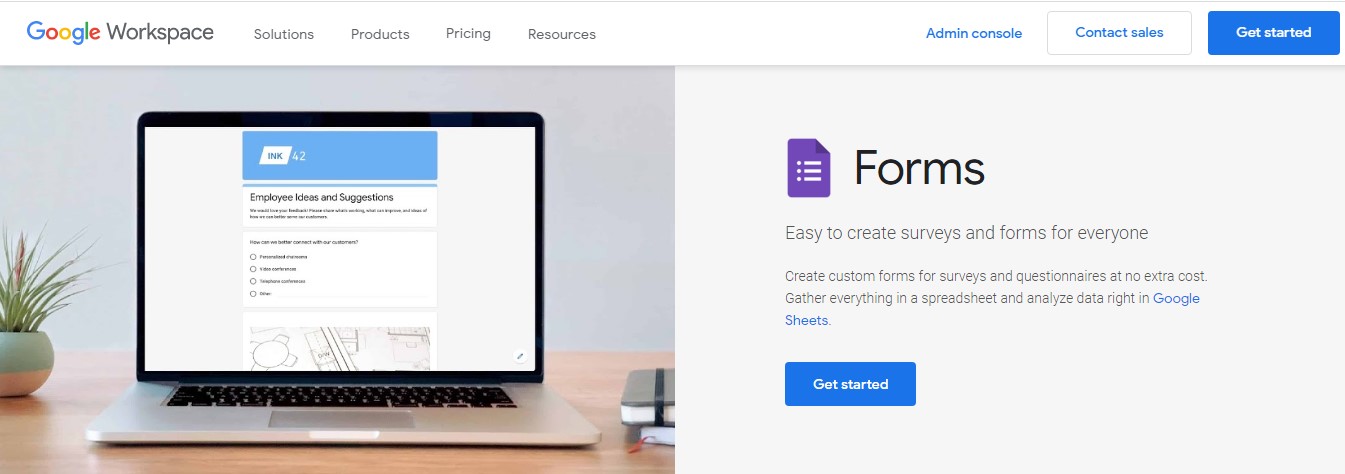How I Launched A Successful Personal Brand Consultancy And Defining The Industry
Hello! Who are you and what business did you start?
First and foremost, I would like to thank the StarterStory team for the opportunity to share my business and well, my story. My name is Isaac Mashman and I am the founder of Mashman Consulting Group based out of Little Rock, Arkansas. My primary focus is on helping emerging and established public figures optimize and scale their personal brands.
It was one crazy journey to get where I am today and I would like to be as specific as possible to share the ups and downs, the challenges, and the successes. MCG, which is the acronym for Mashman Consulting Group, is the evolution of my now-dissolved public relations firm, Mashman Ventures. I first got involved in the world of business in 2017 as a high school student.
I'm not one of those entrepreneurs who was a D or F student, no I graduated top 10 of my class with a 4.44 weighted GPA and was on track to get a full-ride scholarship to the University of Central Florida or Florida State University. Heading into my senior year, I was lost and confused. I didn't have a clearly defined path laid out ahead of me despite planning on going to university.
I was an entrepreneur at heart,...











































